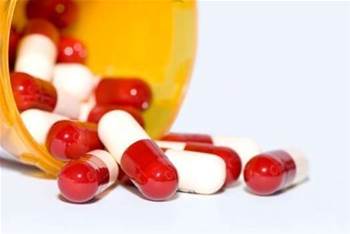The Therapeutic Goods Administration (TGA) will update regulations for “software as a medical device” – including health apps - and embark on additional internal software development work in the coming year.
The Administration’s newly-published 2018/19 business plan (pdf) states that the agency will soon “Propose regulatory amendments for the emerging technologies of software as a medical device and the medical application of 3D printing”.
Software as a medical device is currently defined as “products that have a role in diagnosing or managing illness using software that analyses clinical data, such as the results of blood tests or ECGs”. Such packages are considered to be medical devices and therefore come under the TGA's purview.
And the TGA believes that mobile apps are among the devices it must regulate.
News of revised regulations for apps is therefore likely to have quite an impact, given the proliferation of such apps and their increasing links to wearable devices.
Apple’s Series 4 Watch, for example, has features said to offer “heart rhythm classification” and to be capable of determining “if the heart is beating in a normal pattern or whether there are signs of Atrial Fibrillation (AFib), a heart condition that could lead to major health complications.”
The Business Plan says that the Administration’s approach to 3D printing is to craft “a regulatory framework that is contemporary, adaptable and supports innovation.”
“Our challenge is to capitalise on advancements in technology while ensuring that regulation is appropriate to manage risk.”
The Plan also mentions that the TGA’s compliance efforts in the coming year will see it “Design and implement efficient and effective software solutions.”
Another technology-related initiative on the agenda is to “Begin accepting Instructions For Use issued in electronic format (eIFU) for medical devices that are intended for professional use.”





.jpg&h=140&w=231&c=1&s=0)




















